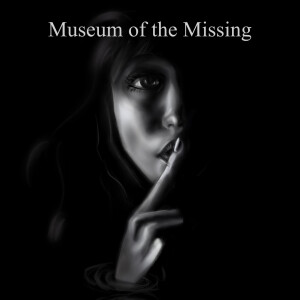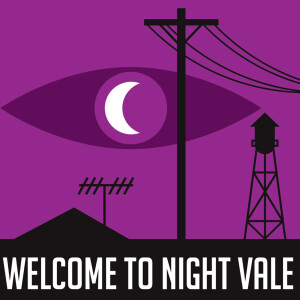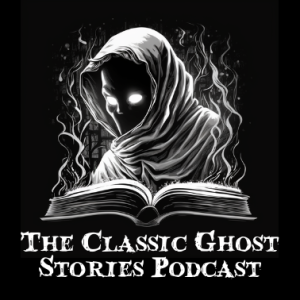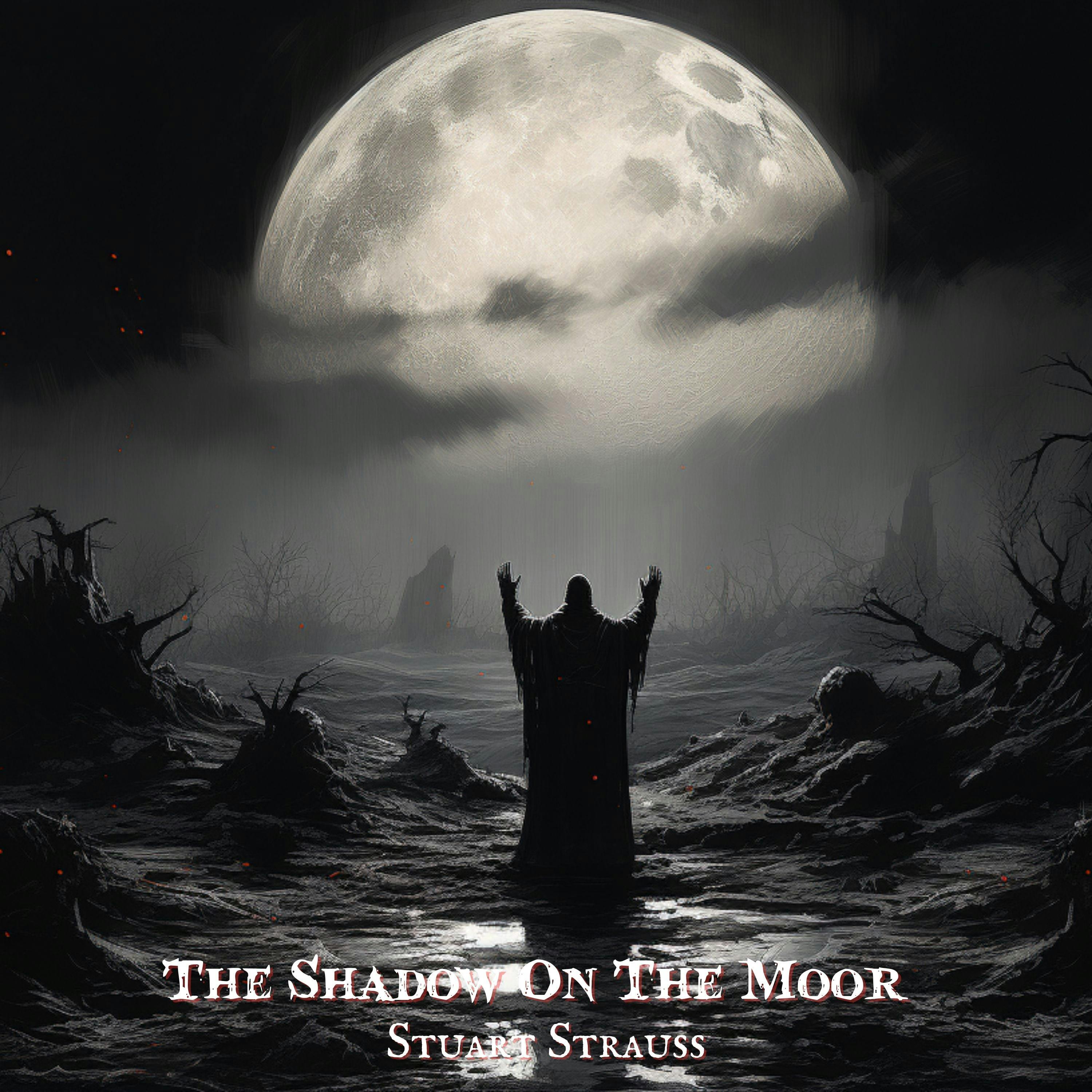Stuart Strauss remains an enigmatic figure in the world of weird fiction, with scant information available about his life. He is known for a limited body of work, including "The Shadow on The Moor" (1928), "The Soul Tube" (1928), and "The Clenched Hand" (1934). The use of a pseudonym and language suggesting potential unfamiliarity with British culture has led to the assumption that Strauss might be an American author.
"The Shadow on The Moor" is a tale that first appeared in the February 1928 issue of "Weird Tales." Its republication in the 2023 British Library anthology "Circles of Stone: Weird Tales of Pagan Sites and Ancient Rites," edited by Katy Soar, attests to the lasting intrigue and relevance of Strauss's work. The story captures a sense of foreboding in the British countryside, with standing stones taking on a malevolent presence.
Strauss's work, including "The Shadow on The Moor," reflects thematic elements akin to the cosmic horror pioneered by H.P. Lovecraft. Lovecraft's influence is discernible in the eerie atmospheres and otherworldly entities that often pervade Strauss's narratives. Additionally, Strauss, like Lovecraft, explores the theme of ancient cults in remote villages, inhabited by seemingly backward rural characters. The fusion of cosmic horror and folk-horror themes creates an unsettling and atmospheric reading experience.
The thematic exploration of ancient cults in Strauss's work aligns with Margaret Murray's witch-cult hypothesis, a theory that suggests accusations against witches in Europe were rooted in a clandestine pagan religion. Published in Murray's "The Witch-Cult in Western Europe" (1921), the hypothesis posits the existence of a pre-Christian religion centered around a horned god, symbolizing the cycle of seasons and harvests. The horned god's representation on Earth through chosen individuals, ritual sacrifices, and the preservation of this religion through secret covens are central elements of Murray's theory.
Strauss's incorporation of such themes in "The Shadow on The Moor" aligns with the broader cultural fascination with ancient rites and mysterious practices. The narrative, enveloped in cosmic horror and folk-horror, echoes the anxieties of a bygone era, reflecting the convergence of literary imagination and anthropological speculation.
Learn more about your ad choices. Visit megaphone.fm/adchoices
More Episodes
S01E33 Young Goodman Brown by Nathaniel Hawthorne
 2021-05-08
2021-05-08
The Owl by Anatole Le Braz
 2021-05-07
2021-05-07
S02E32 Pickman's Model by H P Lovecraft
 2021-04-24
2021-04-24
S02E31 The Black Cat by Edgar Allen Poe
 2021-04-10
2021-04-10
S02E30 His Beautiful Hands by Oscar Cook
 2021-03-27
2021-03-27
S02E29 Lady Ferry by Sarah Orne Jewett
 2021-03-13
2021-03-13
S02E28 The Cold Embrace by Mary Elizabeth Braddon
 2021-02-27
2021-02-27
S02E27 The Spider by Basil Copper
 2021-02-13
2021-02-13
S02E26 Music Hath Charms by L T C Rolt
 2021-01-30
2021-01-30
S02E25 The Story of Salome by Amelia B Edwards
 2021-01-16
2021-01-16
SE02E24 Rosalind by Richmal Crompton
 2021-01-01
2021-01-01
S02E23 The Story of A Disappearance and An Appearance by M R James
 2020-12-25
2020-12-25
S02E22 A Christmas Carol The Spirit of Christmas Future
 2020-12-24
2020-12-24
SO2E21 A Christmas Carol: The Spirit of Christmas Present
 2020-12-21
2020-12-21
S02E20 A Christmas Carol: The Spirit of Christmas Past
 2020-12-19
2020-12-19
S02E19 A Christmas Carol — Marley's Ghost
 2020-12-12
2020-12-12
S02E18 The Ghost of Christmas Eve by J M Barrie
 2020-12-05
2020-12-05
S02E17 The Turn Of The Screw Part 8
 2020-12-01
2020-12-01
S02E16 The Turn Of The Screw Part 7
 2020-11-30
2020-11-30
S02E15 The Turn Of The Screw Part 6
 2020-11-29
2020-11-29
Create your
podcast in
minutes
- Full-featured podcast site
- Unlimited storage and bandwidth
- Comprehensive podcast stats
- Distribute to Apple Podcasts, Spotify, and more
- Make money with your podcast
It is Free
You may also like

The Psychic Elephant Radio Podcast


Museum of the Missing


Welcome to Night Vale


Just So Stories


The Story of Mankind


Six Minutes


Trap Street


- Privacy Policy
- Cookie Policy
- Terms of Use
- Consent Preferences
- Copyright © 2015-2024 Podbean.com




 iOS
iOS Android
Android